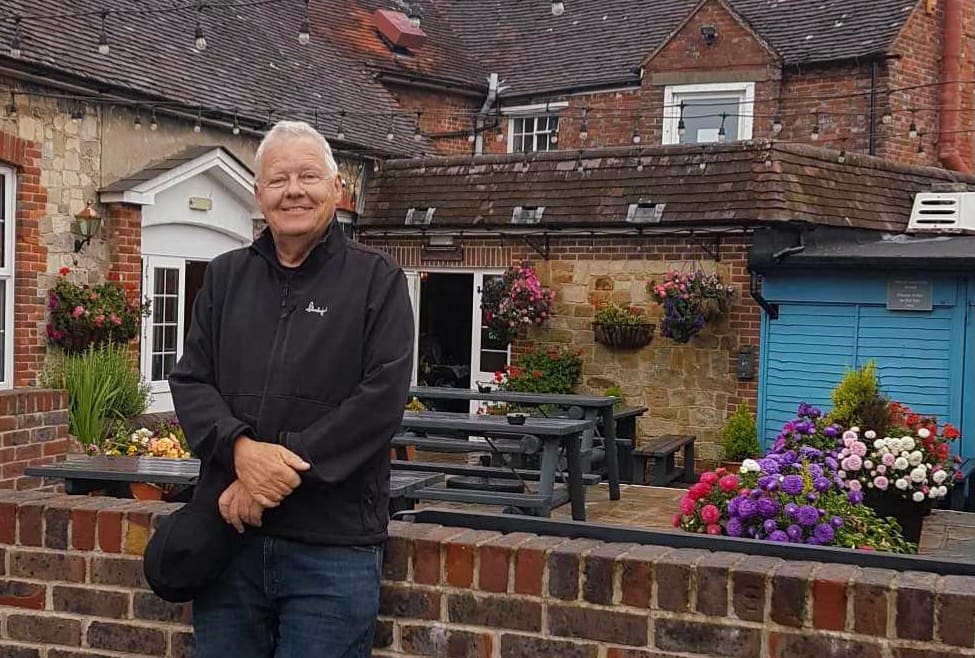I haven't posted anything - purposefully - on Facebook for the past week. You see, there's nothing I wanted to say or show of particular interest.
However, the Facebook dweebs have wisely not dropped their vigilance and today I was warned that my comment didn't meet Facebook community standards. The message read: 'We removed your content. See why'
Which happens now and again (the Facebook censors are evidently poorly-paid foolish creatures with no better prospects in life than reading other people's opinions).
Only, you see, I hadn't posted anything.
As is - vaguely - shown here (the exact notification is unavailable), I have taken one over the knuckles. However, the particular post I allegedly made has not been shown as 'Exhibit A' by the Thought-Police for my edification, so I can't share it with the Gentle Reader.
Indeed, I have no idea what it was that offended these idiots, unless not posting anything in a week is itself an offense.
I think sticking something on Facebook is an enjoyable enough pastime: showing points of view or a funny joke or a picture of one's pet: and these days, God knows, one needs all the endorphins one can get.
Or wait, could it have been a post last week I made complaining about the adverts that Facebook keeps showing - hats (in particular), and tee-shirts and leather jackets. All on special one-day-only going-out-of-business sale, adorned with thousands of 'likes'?
If you check these 'sponsored' advertisers up on Scamwatcher, it will likely say something like - this company is very dodgy. Try it for yourself and see...
(No - it wasn't that - I just looked and my post about the rogue fashion-outlets is still there...).
So what could it have been that tipped them again?
Anyway, and once again: fuggem.
...
Later. The message over at 'Notifications' has now been replaced with 'Your account looks good! Thanks for sticking to the rules and making Facebook a better place'.
It's the only apology I'll get...


